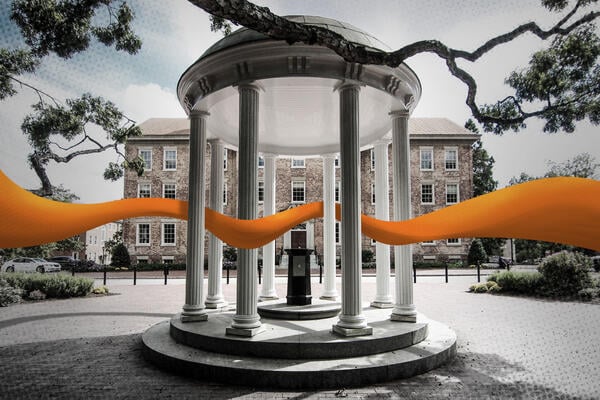I’ll admit a pet peeve when writers set out two extreme views, attributed vaguely to others, and then position themselves in the squishy middle as the embodiment of the golden mean. It seems too easy and feeds the cultural myth that the center is always correct.
So, at the risk of annoying myself, I’ve been frustrated with the discourse recently around whether students’ choice of majors matters. It both does and doesn’t, though that may be more obvious from a community college perspective than from other places.
“Comprehensive” community colleges, such as my own, are called that because they embrace both a transfer mission (“junior college”) and a vocational mission (“trade school”). The meaning of a major can be very different across that divide.
For example, students who major in nursing have the inside track at becoming nurses in a way that students who major in, say, English don’t. Welding is a specific skill. HVAC repair is a skill set aimed squarely at certain kinds of jobs. In each case, the goal is a program—sometimes a degree, sometimes a diploma or certificate—that can lead a student directly into employment that pays a living wage. In some cases, such as nursing, it’s fairly normal to go on to higher degrees; in others, such as welding, it’s less common. Either way, though, the content of what’s taught is necessary to get into the field.
In many transfer-focused programs, the opposite is true. A student with the eventual goal of, say, law school can take all sorts of liberal arts classes here, then transfer and take even more. Even if they want to stop at the bachelor’s level, the first two years of many bachelor’s programs in liberal arts fields are as much about breadth as about depth. Distribution requirements are called what they’re called because the courses are distributed across the curriculum.
At the level of a community college, you might not be able to distinguish the future English major from the future poli sci major by looking at their transcripts. They’ll take basic writing, some humanities, some social science, some math, some science and a few electives. And many receiving institutions prefer that students don’t take too many classes in their intended major in the first two years. Whether that’s because of a concern for student well-roundedness or an economic concern among departments about giving away too many credits is another question.
Of course, sometimes the boundary gets murky. Fields like social work straddle the divide between vocational and transfer, since the field often requires a bachelor’s degree. Similarly, a field like criminal justice can be understood as police training, but it also branches into criminology and sociology. And business, a perennially popular major, often leads to transfer despite defining itself as being all about the market.
The high-minded defense of the view that majors don’t matter is that student interest is actually much more important than choice of major. I agree strongly with that. I’d much rather see a student who loves literature study that than force herself to slog through an HVAC program, hating every moment of it. The recent travails of computer science graduates in the job market should remind us that there are no guaranteed occupations. Students who love what they study, or who just can’t stop thinking about it, get the most out of it. And after a few years, most adults with degrees are working in fields unrelated to their degrees anyway. To me, that’s a strong argument for the more evergreen skills of communication, analysis, synthesis, research and teamwork: No matter what the next hot technology is, people who have those skills are much more likely to thrive than people who don’t. A candidate’s tech skill may get them the first job, but their soft skills—not a fan of the term—get them promoted.
I want our students to be able to support themselves in the world that actually exists. I also want them to be able to support themselves in the world that will exist 20 years from now. Technological trends can be hard to get right. Remember when MOOCs were going to change everything? Or the Segway? In my more optimistic moments, I like to think that bridging the divide between the liberal arts and the vocational fields is one of the best things community colleges can do. Even if that feels squishy and centrist.



